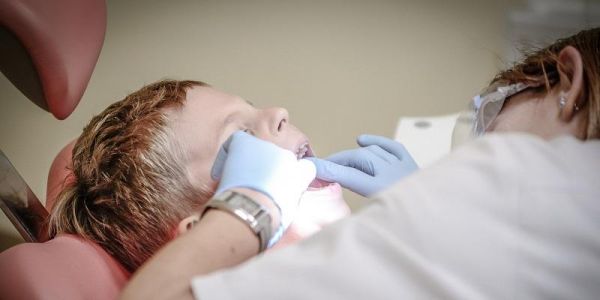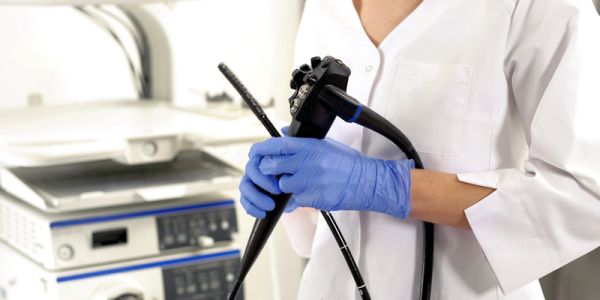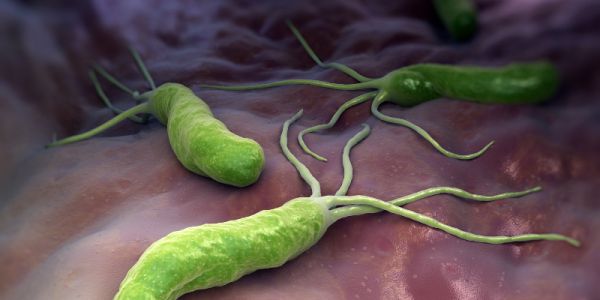
Walking and cycling to work linked with fewer heart attacks
Walking and cycling to work were associated with fewer heart attacks across 43 million adults in England, according to a new national study.

Walking and cycling to work were associated with fewer heart attacks across 43 million adults in England, according to a new national study.

Research which has identified a way of making a safer and cheaper polio vaccine is to be scaled-up – to see if it could be used in commercial vaccine production.

A dentist’s drill might not be the best way to tackle tooth decay in children’s teeth, a new study has concluded.

When brain tumours are treated with radiation or chemotherapy their cells evolve in a way that appears to be random, according to research published today in Nature.

Students who rarely ate breakfast on school days achieved lower GCSE grades than those who ate breakfast frequently, according to a new study in Yorkshire.

A colonoscopy is the main test used to detect bowel cancer, but like most tests, it is not always 100% accurate and cancers can be missed.

Vitamin D influences the behaviour of melanoma cells in the lab by making them less aggressive, scientists have found.

Leeds scientists and clinicians have been awarded a major cash boost from Cancer Research UK to pioneer new radiotherapy technologies that could help more people in Yorkshire survive cancer.

Hospital screening tests are failing to identify the true extent of microbial resistance, according to new research.

Scientists have uncovered a novel antibiotic-free approach that could help prevent and treat one of the most widespread bacterial pathogens, using nanocapsules made of natural ingredients.